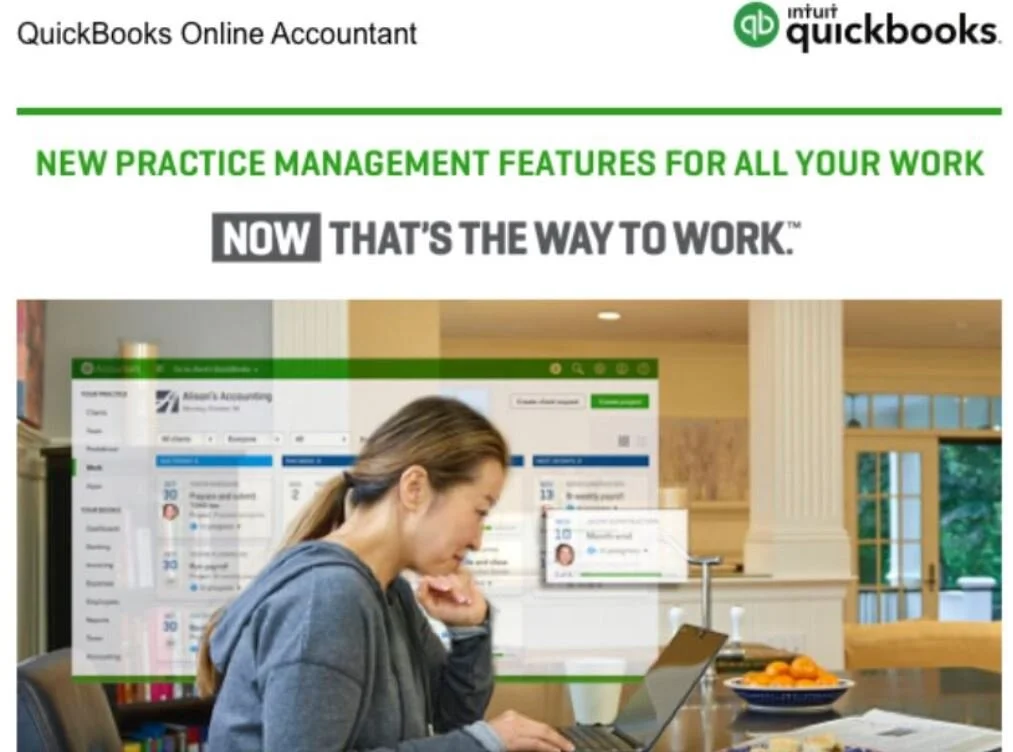Startup Accounting - The Art of The Collection Process & Bad Debt Write Offs
Startup Founders! Are you under pressure getting your 2019 accounting books on time? Well, while you are busy adding transactions into your accounting books, keep in mind, don’t forget to make that last effort to collect the payments from customers for your long overdue invoices.
Do not worry though, in this article, we will personally hold your hand and guide you through the steps necessary on how to do an invoice collection effectively, and yet, still maintain a relationship with your customers.
First off, let us understand why it is important to make last efforts to collect payment for open invoices for 2019?
Well, we all need some motivation and deadline to get things done, right? For this matter, you have a deadline for tax filing coming up on March 15th, or April 15th, depending on the type of entity your company is, so make sure you understand which deadline applies to you. You also have the motivation to save your company money (and we all want to save money, right?), by not over reporting the number of your sales more than it really was in 2019. Hence, collecting payments for your open invoices and writing off any uncollectable bad debt are absolutely necessary to keep your financial reports accurate.
Great! Now you know the importance of having an accurate open invoices record, here is the process on collecting payments for your long overdue invoices:
1. Make last attempts to collect the long overdue invoices.
Do your due diligence and try one more time to collect the payments for your long overdue invoices. This time, you want to use three different ways to communicate the message to your customers:
1) email
2) phone call/voice mail
3) letters
We recommend phone calls for a quicker response, especially since we are talking about overdue payments. The reason you want to retry collecting customer payments is that you want to give your customers the benefit of the doubt in case they truly did not get your messages through one communication method. By delivering the messages via three different methods, you have maximized the chance that your customers getting your collection messages.
2. If still no response from customers, send the open invoices to a collection agency.
Please note that it is very important to inform your customers that you are going to send them to collection agencies. No one likes bad surprises!
Over the years, working on payment collection for our clients, we have seen that customers usually respond to messages that contain the words “collection agency” fairly quickly. Also, (fair warning) they might also get really upset knowing that you are sending them to a collection agency. So, make sure to fully inform them before sending them to collection agencies.
If you do decide to send the customer to a collection agency, the process to start working with a collection agency is simple. You sign an agreement with the collection agency and have them sorely work on the nonresponsive clients for you. At this point, the customers are completely out of your hands. It is now the collection agencies’ responsibility to communicate with these customers and you can go back to your accounting books. However….
3. If still no payment after collection attempts from collection agencies, you must write them off as bad debt.
Hopes are that collection agencies have recovered some big bucks for your company! Though, sometimes, this does not always happen. If that happens, do not forget to write these invoices off as bad debts so you don’t have to pay the unnecessary tax on them. If you forget, you will have no choice but to pay.
Pro Tip: use an App to do all the collection work for you - CollBox
We hope you are not overwhelmed with the whole collection process. If you are, don’t worry about it, there is an app just for this task (how convenient!), it is called CollBox. What CollBox does is that it takes the manual work out from the collection process and matches you with the best collection agencies available to get your money back from your customers. They document the efforts made on collections on paper. It is important for you to save this paper trail, just in case you need to show proof for any future audits.
That’s it! You should be a master on the step by step process of what you need to do to collect payments for your open invoices and when to write them off as bad debts. You are on your way to be a financial wizard! In any case that you still have questions, please do not hesitate to reach out to us and we will be more than happy to answer any questions you might have!






